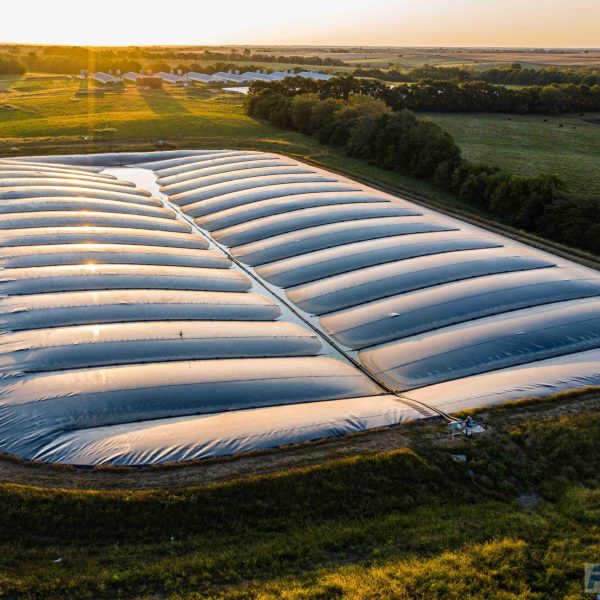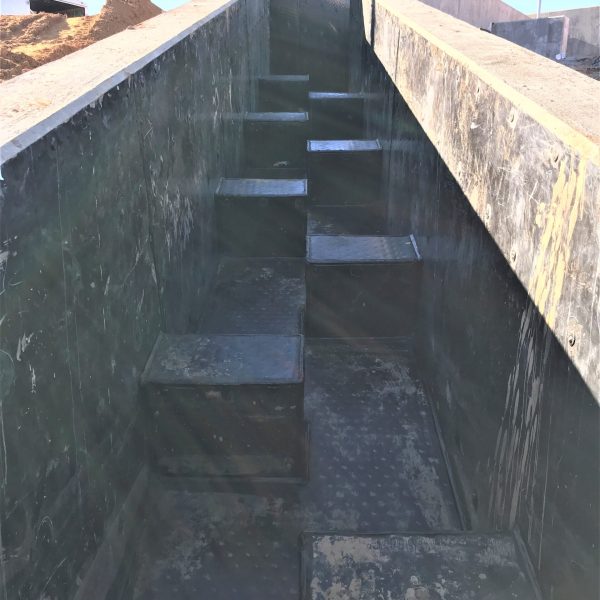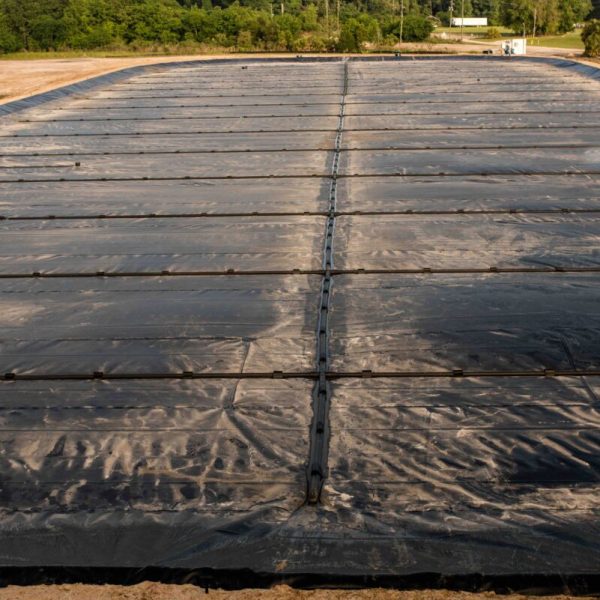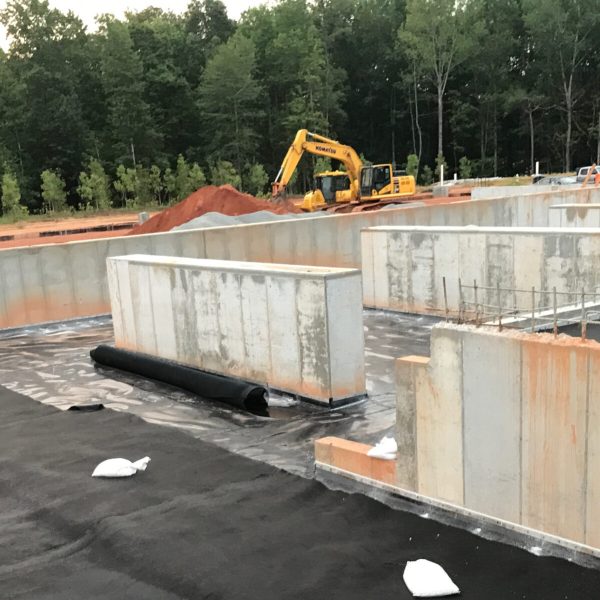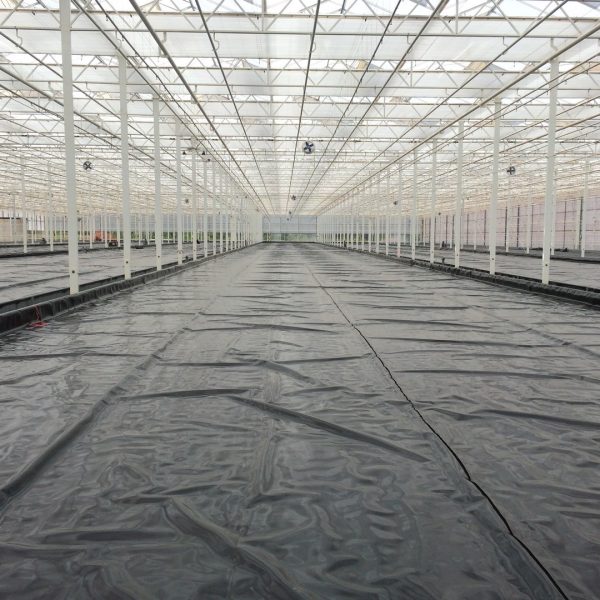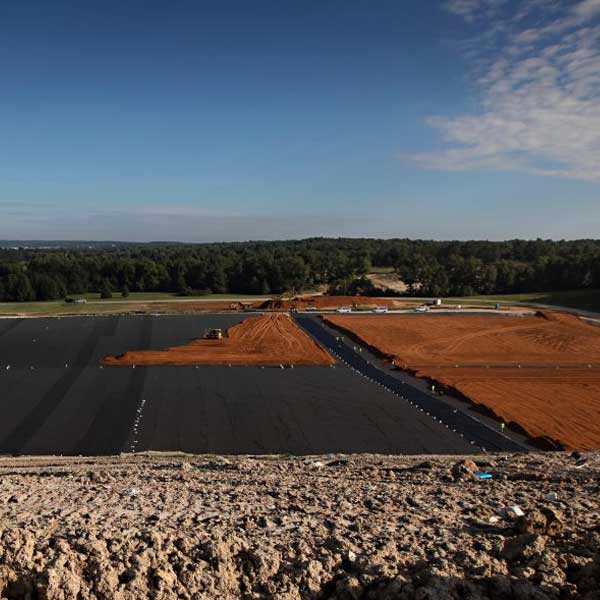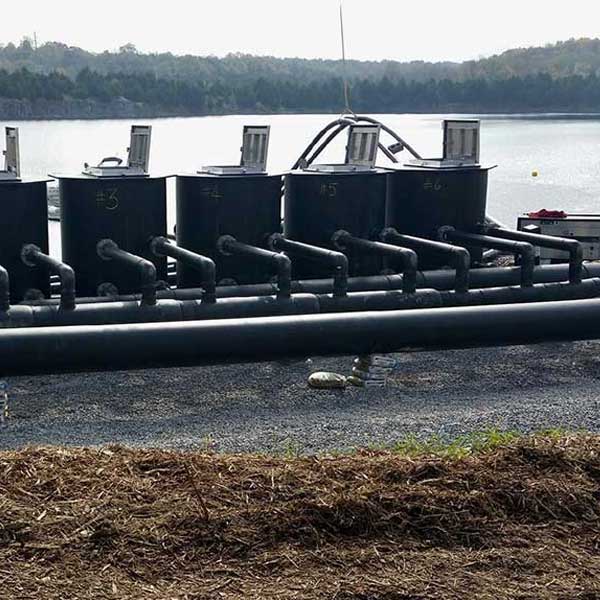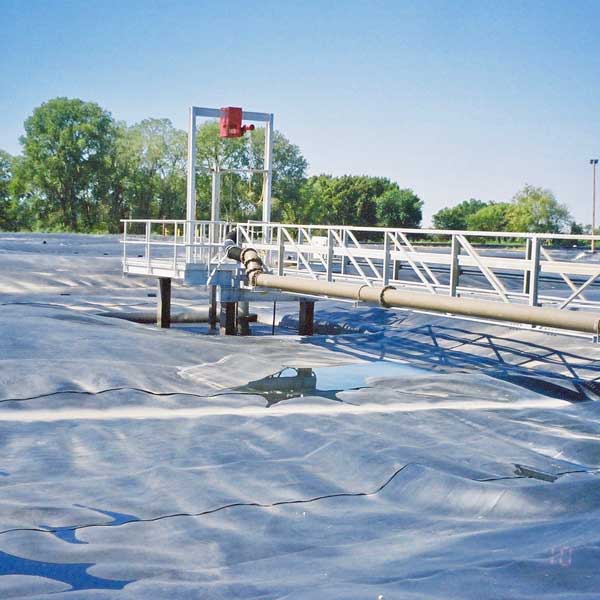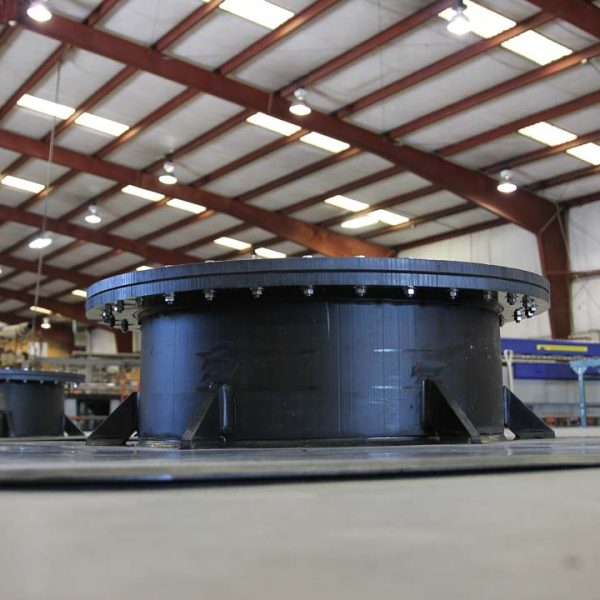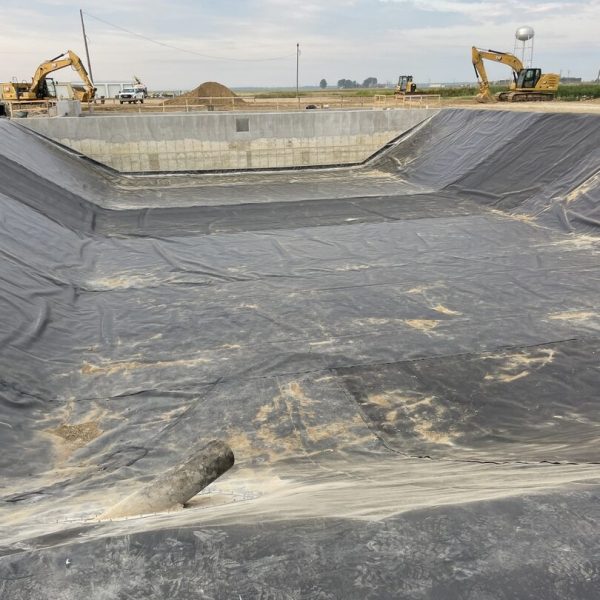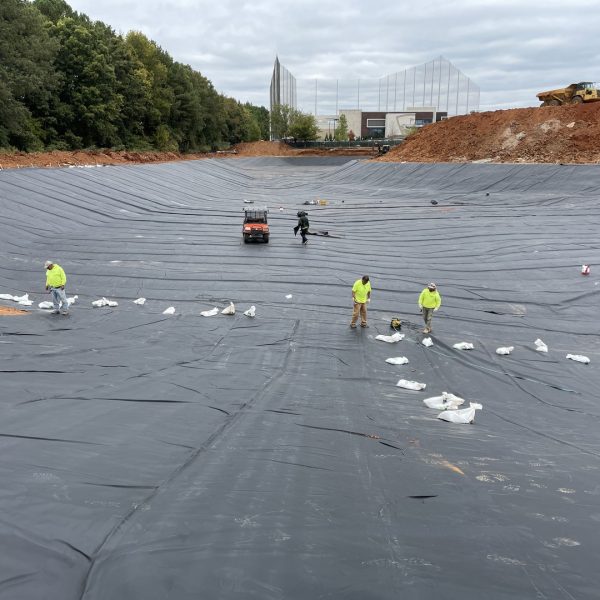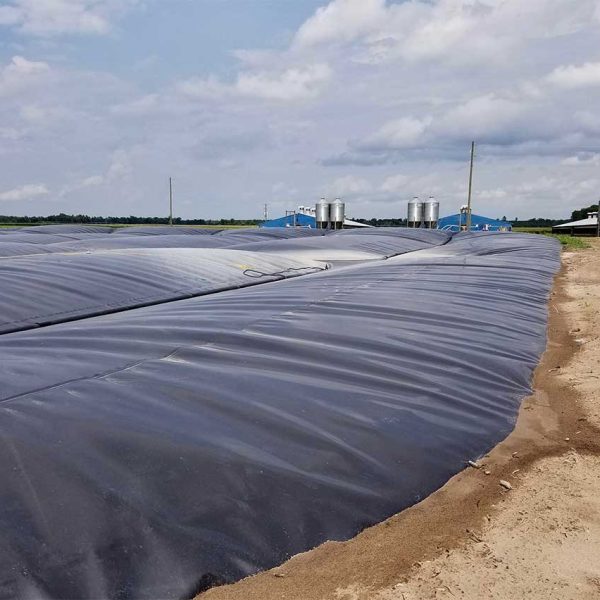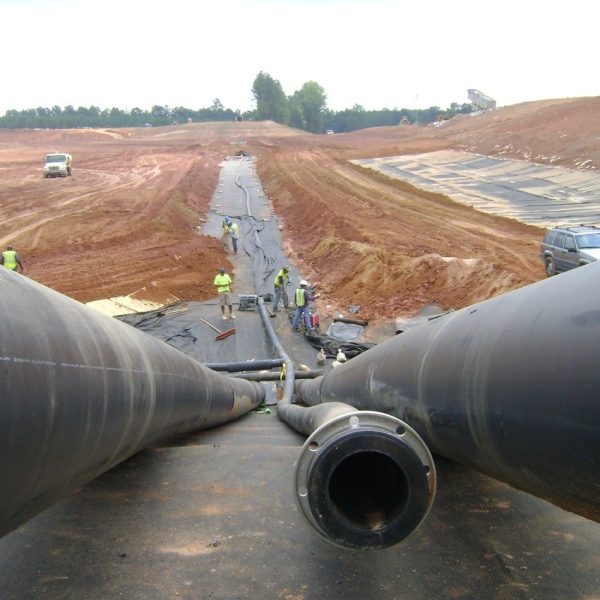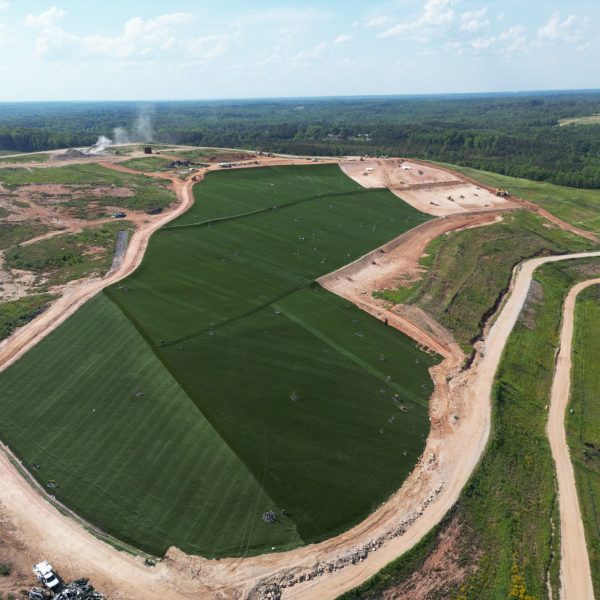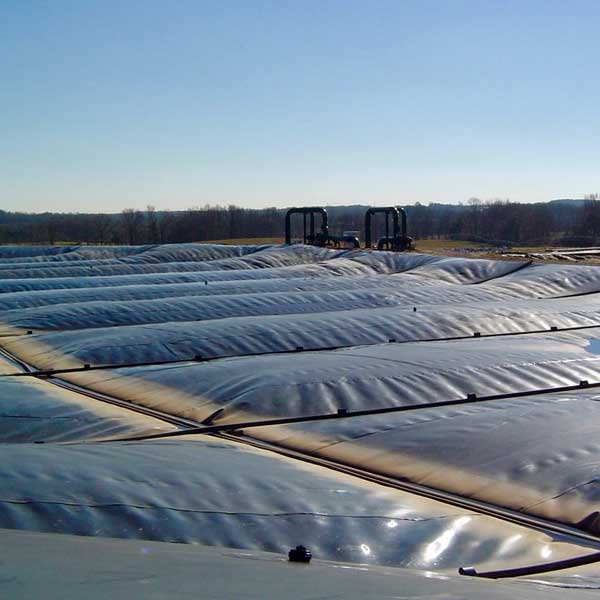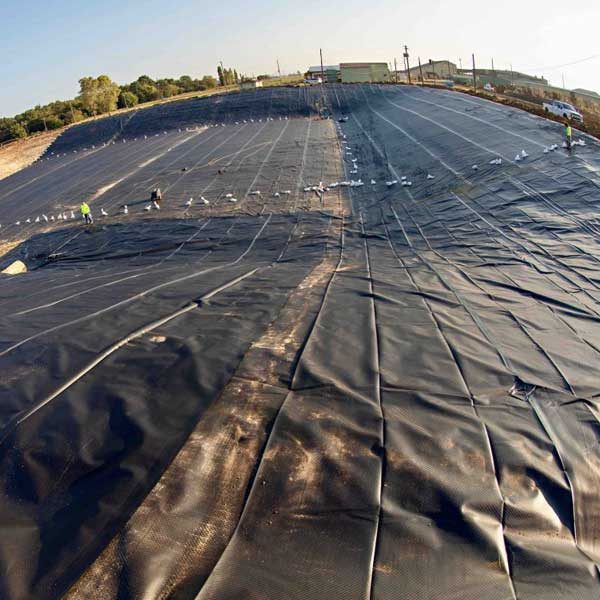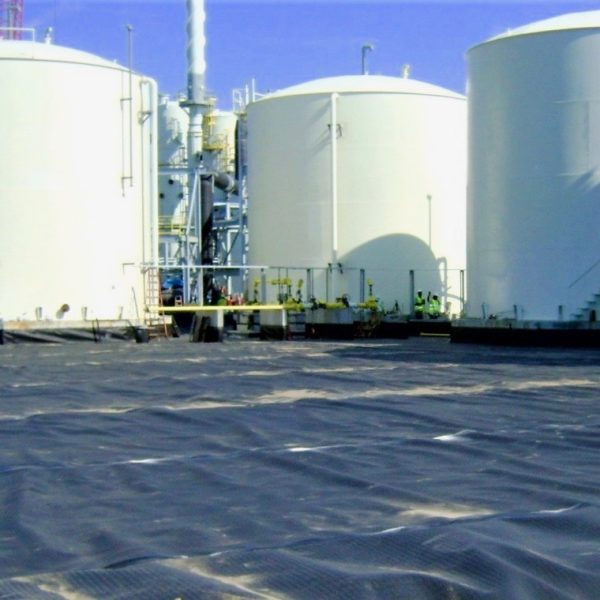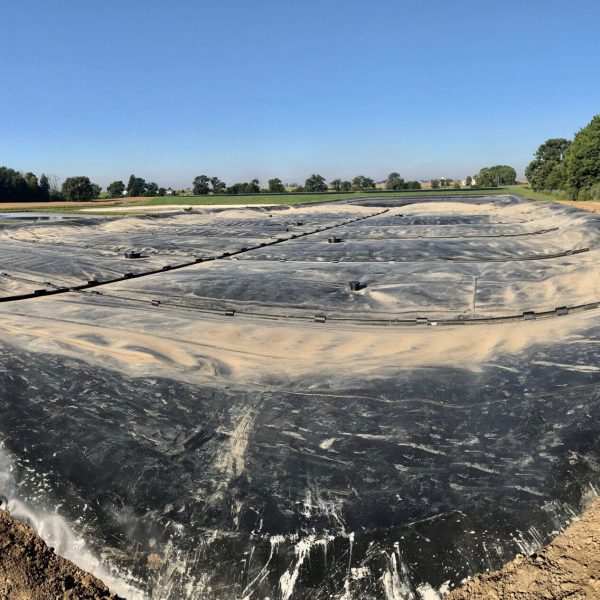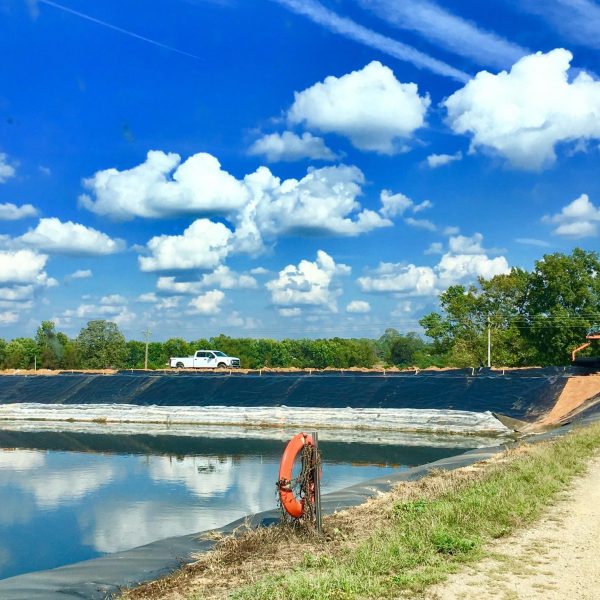Concrete Protective Liner Installer
CONTACT NOW FOR FREE CONSULTATION



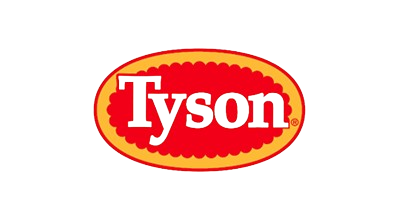

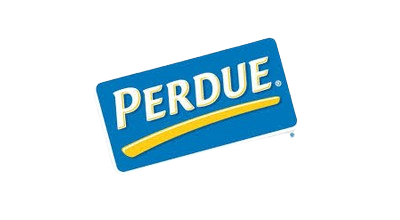


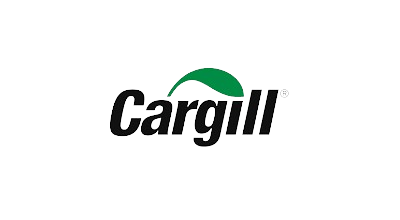






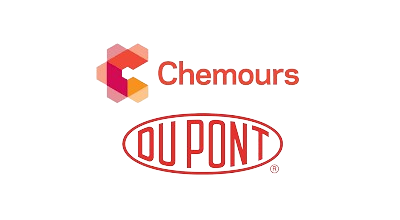
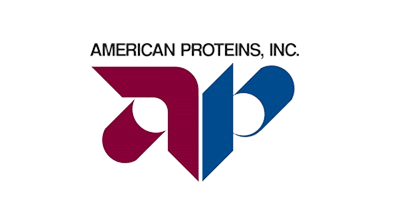

Piping Systems
Our custom fabricated piping systems meet even the toughest handling requirements. Materials offer long-term chemical resistance and environmental containment.
Liner Systems
Plastic Fusion has been installing geosynthetic containment systems for more than 40 years.
Concrete Protective Liners
Plastic Fusion is a leader in the installation of concrete protective liners in industrial tanks and storage facilities, wastewater treatment tanks, and chemical processing plants.
Anaerobic Digester Covers
We design and install HDPE cover systems for anaerobic digesters and are a pioneer in anaerobic digester lagoons for biogas collection and conversion to Renewable Natural Gas (RNG).
Concrete Protective Liners
Concrete protective liners are specialized barriers designed to safeguard concrete structures from corrosion, abrasion, and chemical damage. These liners provide an impermeable layer that shields the concrete surface from harsh environmental conditions, extending the lifespan of infrastructure such as storage tanks, secondary containment systems, and wastewater treatment facilities. Made from high-quality materials like geomembranes or HDPE, concrete protection liners offer exceptional durability and resistance to chemicals, UV exposure, and mechanical stress.
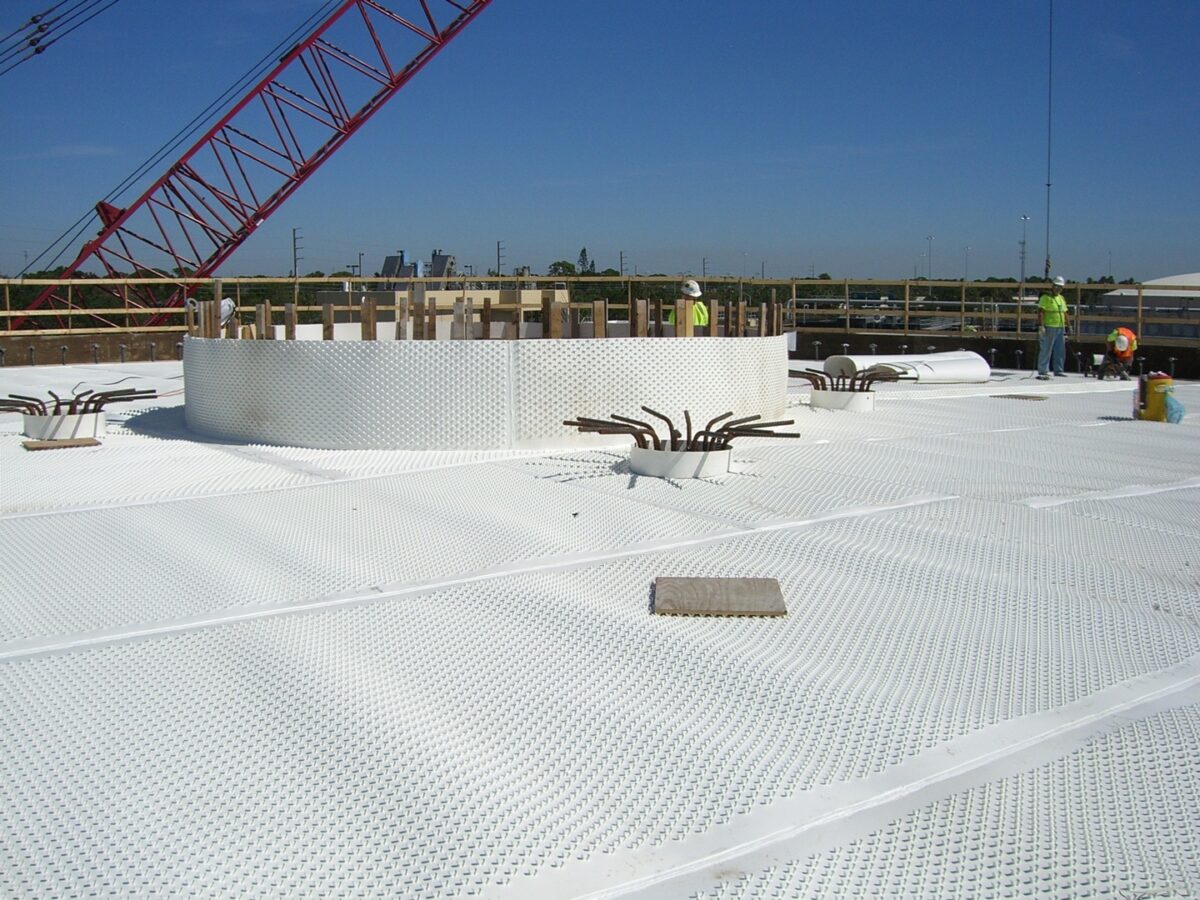
Read more
What are Concrete Protective Liners?
Concrete protective liners are specialized coatings or barriers applied to concrete surfaces to protect them from chemical, physical, and environmental damage. These liners are designed to extend the lifespan of concrete structures by providing a robust, impermeable layer that resists corrosion, abrasion, and other forms of deterioration. Commonly used in industrial, commercial, and municipal applications, concrete protective liners ensure that concrete structures remain safe, functional, and durable.
Why are Concrete Protective Liners Important?
Concrete protective liners are crucial for several reasons:
- Durability: They significantly extend the lifespan of concrete structures by preventing damage from chemicals, moisture, and physical wear.
- Safety: Protecting concrete from deterioration helps maintain structural integrity, ensuring the safety of facilities and their occupants.
- Cost-Effectiveness: By reducing the need for frequent repairs and replacements, protective liners save money in the long run.
- Compliance: They help meet regulatory standards for environmental protection and safety in various industries.
What Types of Concrete Protective Liners Are Available?
High-Density Polyethylene (HDPE) Liners
HDPE liners are known for their excellent chemical resistance, durability, and flexibility. They are ideal for protecting concrete in harsh industrial environments where exposure to aggressive chemicals and high mechanical stress is common.
Polyvinyl Chloride (PVC) Liners
PVC liners offer good flexibility and ease of installation, making them suitable for various applications. They effectively protect against various chemicals and are often used in wastewater treatment plants and other municipal facilities.
Polyurea and Polyurethane Coatings
These coatings provide a seamless, highly durable protective layer that adheres tightly to concrete surfaces. They are known for their resistance to abrasion, impact, and chemical exposure, making them suitable for heavy-duty industrial applications.
Epoxy Liners
Epoxy liners are highly chemical resistant and provide a hard, durable surface that protects against physical wear and tear. They are commonly used in environments requiring chemical resistance and mechanical strength.
Applications of Concrete Protective Liners
Wastewater Treatment Plants
Concrete protective liners are essential in wastewater treatment plants to prevent corrosion and chemical damage caused by harsh waste products. They ensure the longevity and efficiency of tanks, channels, and containment structures.
Industrial Facilities
Concrete protective liners protect floors, walls, and containment areas from chemicals, oils, and other hazardous substances in industrial settings. This protection is critical for maintaining a safe and compliant work environment.
Agricultural Applications
Liners are used in agricultural settings to protect concrete silos, tanks, and containment areas from corrosive fertilizers, pesticides, and animal waste. They help maintain structural integrity and prevent environmental contamination.
Mining Operations
Mining operations use concrete protective liners to shield containment structures and processing areas from the aggressive chemicals and abrasive materials in mineral extraction and processing.
How Does Plastic Fusion Ensure Quality Installation of Concrete Protective Liners?
Plastic Fusion is a leading provider of concrete protective liner solutions, committed to delivering high-quality installations tailored to specific industry needs. Our process includes:
- Site Assessment: Conducting a thorough evaluation of the site to determine the best liner material and installation method.
- Material Selection: Choosing the most suitable protective liner based on the specific requirements of the application.
- Installation: Implementing the liner using advanced techniques to ensure a secure and durable fit.
- Quality Control: Performing rigorous inspections and tests to verify the integrity and performance of the liner.
What Are Concrete Tank Liners and How Do They Protect Water Tanks?
Concrete tank liners are protective barriers installed inside concrete water tanks to prevent leaks and protect the structure from corrosion and chemical damage. Made from materials like high-density polyethylene (HDPE) or epoxy, these liners form an impermeable layer, ensuring the water remains safe and the concrete remains durable over time.
How Are Concrete Water Tank Liners Installed?
Concrete water tank liners are installed by first cleaning and preparing the tank’s interior surface. The liner, whether it’s HDPE, PVC, or another material, is then applied or welded to the surface, creating a tight seal. The installation process ensures that the liner adheres fully, preventing water seepage and chemical corrosion.
What Benefits Do Concrete Cistern Liners Provide?
Concrete cistern liners prevent water leakage and protect the concrete from cracking and corrosion. These liners extend the lifespan of cisterns used for water storage, ensuring that the water remains uncontaminated and the cistern remains structurally sound.
How Do Concrete Pond Liners Work in Agricultural Applications?
Concrete pond liners are installed in agricultural ponds to prevent water seepage and protect the concrete structure. These liners are crucial for irrigation and livestock ponds, ensuring that the pond retains water while protecting the concrete from deterioration due to constant water exposure.
Why Are Concrete Tank Linings Important for Industrial and Municipal Applications?
Concrete tank linings are vital in industrial and municipal settings because they provide a protective barrier against harsh chemicals, abrasion, and moisture. These linings, such as polyurea or epoxy coatings, prevent concrete tanks from degrading, ensuring safe and long-lasting storage of water, chemicals, or wastewater.
What Are the Advantages of Using a Concrete Liner for Water Tanks?
Concrete liners for water tanks provide critical advantages, including preventing leaks, extending the tank’s life, and protecting it from chemical corrosion and environmental factors. By adding a liner, water tanks become more durable, reducing the need for frequent maintenance and ensuring safe water storage.
How Do Concrete Protection Liners Prevent Environmental Damage?
Concrete protection liners shield concrete structures from chemical spills, moisture, and other environmental hazards. In applications like wastewater treatment or mining, these liners prevent the degradation of concrete, ensuring that harmful substances do not leak into the surrounding environment, reducing contamination risks.
How Do Concrete Tank Liners Extend the Lifespan of Concrete Structures?
Concrete tank liners extend the lifespan of concrete structures by preventing cracks, corrosion, and chemical damage. By creating a durable barrier between the concrete and the elements, these liners reduce maintenance needs and ensure the long-term functionality of tanks and storage systems.
What Types of Concrete Protection Liners Are Available for Concrete Tanks?
Various concrete protection liners are available for tanks, including high-density polyethylene (HDPE), polyvinyl chloride (PVC), epoxy, and polyurea coatings. Each type of liner offers specific benefits, such as chemical resistance, durability, or flexibility, and is chosen based on the tank’s usage and environmental conditions.
How Does a Concrete Tank Liner Improve Water Storage Systems?
A concrete tank liner improves water storage systems by preventing leaks and protecting the concrete from wear and corrosion. This ensures the system remains efficient, with reduced maintenance costs and improved water quality over time, making it an essential feature for both industrial and municipal storage systems.
What Is the Role of Concrete Protection Liners in Water and Wastewater Treatment?
In water and wastewater treatment facilities, concrete protection liners play a crucial role by preventing concrete structures from rusting due to exposure to chemicals, moisture, and waste materials. These liners help ensure the longevity of the treatment tanks and containment areas, improving overall system efficiency.
How Are Concrete Protective Liners Used in Cisterns and Ponds?
Concrete protective liners are applied to cisterns and ponds to form a barrier that prevents leaks and protects the structure from environmental damage. These liners ensure that water storage in cisterns remains uncontaminated and ponds retain their water levels, protecting the concrete from erosion and cracking.
What Are the Key Features of Concrete Tank Liners?
Concrete tank liners feature high durability, resistance to chemicals, and impermeability. They are essential for protecting concrete tanks from water, chemical damage, and physical wear, ensuring that they remain operational and efficient in various industrial, agricultural, and municipal applications.
Why Is It Important to Use Concrete Water Tank Liners for Potable Water Storage?
Using concrete water tank liners for potable water storage is crucial to prevent contamination and maintain water quality. Liners like HDPE or PVC create a barrier that keeps the water safe from harmful chemicals and microorganisms, while also preventing the tank from cracking or leaking.

